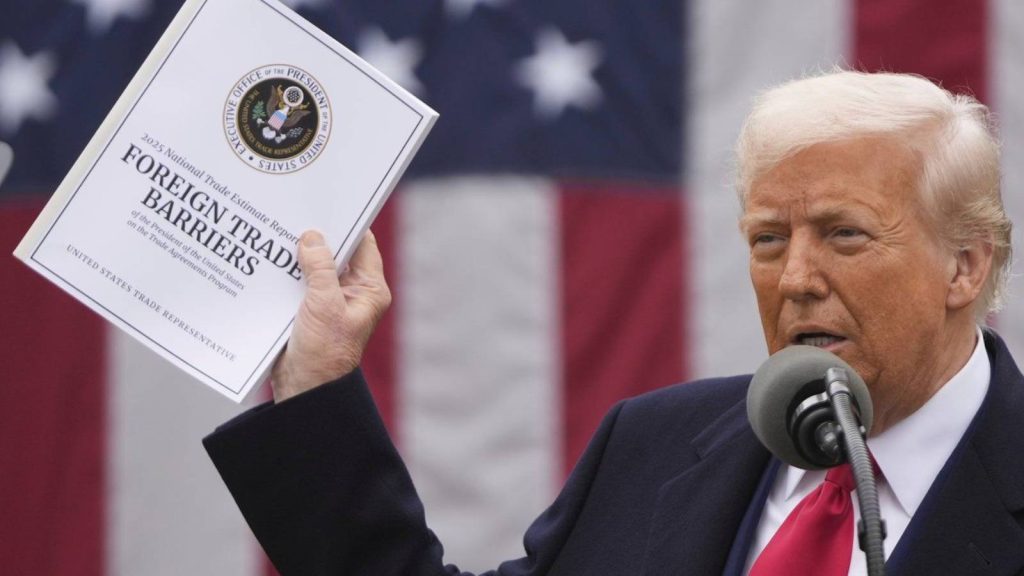Trudeau lays out $196B, 10-year health-care offer to premiers

Posted Feb 7, 2023 4:45 am.
Last Updated Feb 8, 2023 6:47 am.
The federal government has presented a new health-care funding offer that would see Ottawa shift $196 billion to the provinces and territories over the next 10 years in exchange for commitments to massively upgrade health-care data collection and digital medical records.
About one-quarter of that is money not previously promised through existing health-care transfer formulas and deals. Prime Minister Justin Trudeau laid out the proposal to the premiers at a meeting Tuesday near Parliament Hill that lasted about two hours.
Ahead of the meeting, Trudeau said Canadians cherish their public health-care system but need it to work better.
“We all have to recognize it hasn’t been delivering at the level that Canadians would expect,” he said.
The premiers say the offer will increase the federal share of health care costs to 24 per cent next year, far short of the 35 per cent the provinces and territories were demanding.
“To say the least, I think we were a little disappointed at that,” said Manitoba Premier Heather Stefanson, who chairs the premiers’ group and is the spokeswoman.
Still, most premiers appeared ready to accept the offer even as they promised the health-care talks were not over.
“I will never refuse new funding,” Ontario Premier Doug Ford said as the premiers held a joint press conference following the meeting with Trudeau.
“What we see this as is a starting point, it’s a down payment on further discussions.”
The premiers are trying to stay united in the negotiations, remembering back to 2016, when a similar discussion with Ottawa broke apart when some provinces agreed to sign bilateral deals rather than hold out for the demanded increase to the Canada Health Transfer, which would have had fewer strings attached.
Ultimately all were forced to do so in order to get new money for mental health and home care.
In 2020 the premiers began asking Trudeau for another meeting to overhaul the health transfers, but he put it off until COVID-19 was no longer a crisis.
By last fall, the health-care system itself was seen to be in crisis, with thousands of backlogged surgeries, a burnt-out, understaffed health workforce and emergency rooms that could not keep pace with demand.
Stefanson said that everyone needs some time to digest the offer.
“They’ve had our proposal for 2.5 years and we’ve had it for 2.5 hours,” Stefanson said. “We’re going to have really to see what the details mean.”
She said the premiers plan to meet again themselves in coming days to continue talking about the offer.
About one-quarter of the offer, $46 billion, is new money, including a promise to increase the annual Canada Health Transfer faster over the next decade and targeted funding for priority areas like mental health, surgical backlogs and family medicine.
The priority funding will be $25 billion doled out through one-on-one deals still to be negotiated with each province. To get the money the provinces will have to agree to show how the funds will be used and how they’ll measure the progress in those areas.
But Trudeau said those deals can be flexible to meet the unique circumstances in each province.
The CHT currently increases at a minimum rate of three per cent a year, or higher if economic growth exceeds that over an average of three years. This offer promises to increase the CHT by five per cent, or more based on economic growth, for the next five years.
The increase will revert to the three-per-cent baseline formula after that.
Overall, that will bring the Canada Health Transfer from $45 billion today to about $73 billion 10 years from now, which the federal government says is about $17 billion more in total over those 10 years, compared with the existing plan.
The CHT offer is contingent on provinces bringing their health-care data collection into the 21st century. Canada has limited data to help understand where the weak points in its health-care system are or what is needed now or in the future. Digital patient records that can be easily shared between jurisdictions or health-care providers are also a federal demand.
The $25-billion offer can include funding to help provinces upgrade their systems.
There will also be an immediate unconditional increase of $2 billion to the Canada Health Transfer this year, and $1.7 billion over the next five years to help provinces increase wages for home care workers and employees in long-term care homes.
A separate $2-billion fund will be offered for Indigenous health-care needs, through an agreement with Indigenous leaders.








